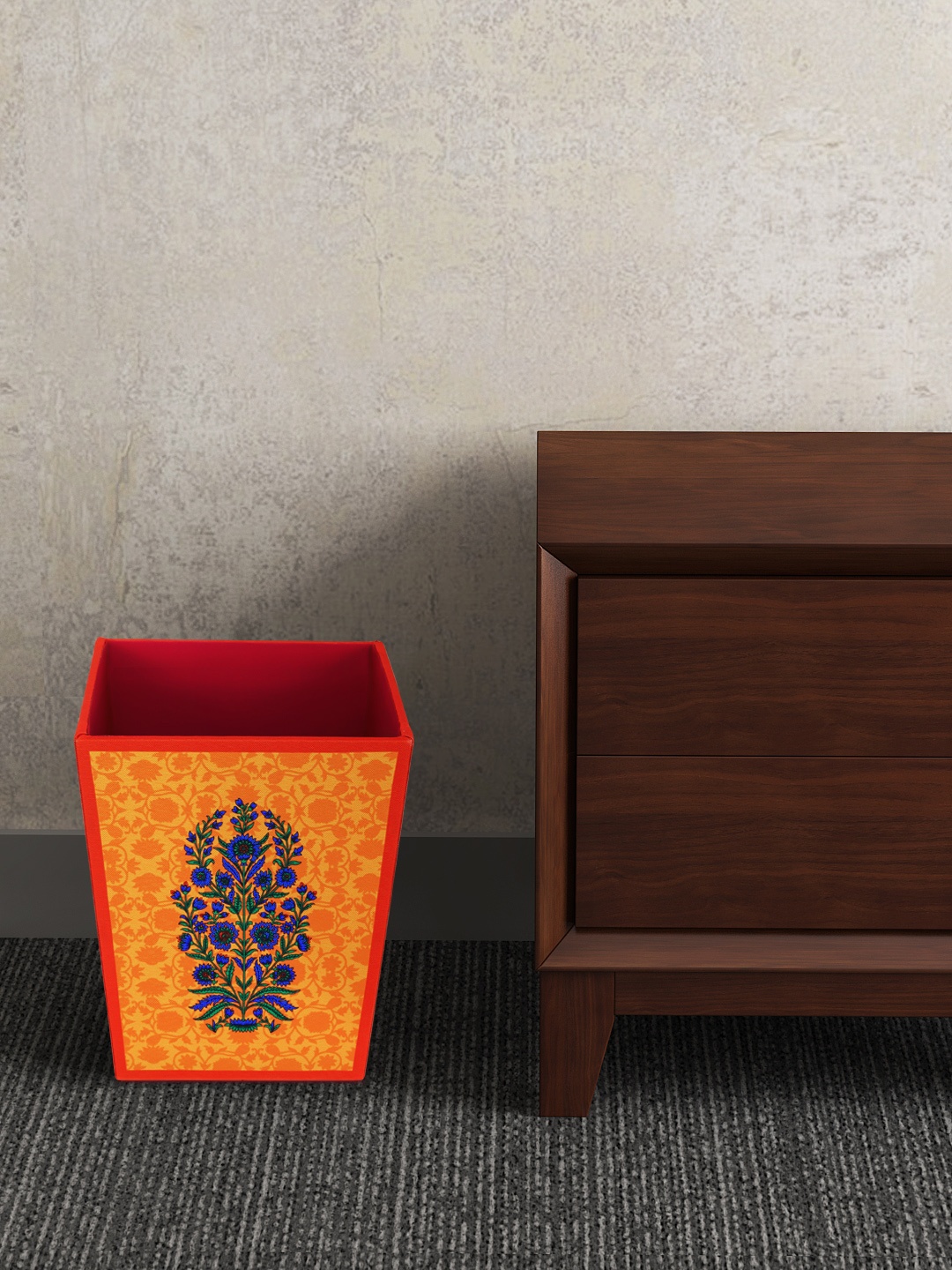Why Most Home Organisers Fail: How To Use Essential Organisation Systems That Work
Know why most home organisers fail and how simple, practical systems can keep your home calm, beautiful, and clutter-free for good.

The Secret To A Truly Organised Home: Proven Systems That Never Fall Apart.
Every year, countless people decide to 'finally get organised.' They spend weekends decluttering wardrobes, sorting kitchen shelves, and labelling jars. For a few glorious days, everything looks picture-perfect, the kind of home one might proudly post on Instagram. Yet, within weeks, the order dissolves, chaos creeps back, and that pristine wardrobe transforms into a mountain of unfolded clothes again.
The truth is, most home organising efforts fail not because people lack discipline or aesthetics, but because they lack systems. Organisation isn't a one-time event; it's a lifestyle built on small, sustainable actions that fit your daily rhythm. The right system doesn't just tidy your space, it simplifies your life. Let's uncover why most home organisers fail and how to use essential organisation systems that work.
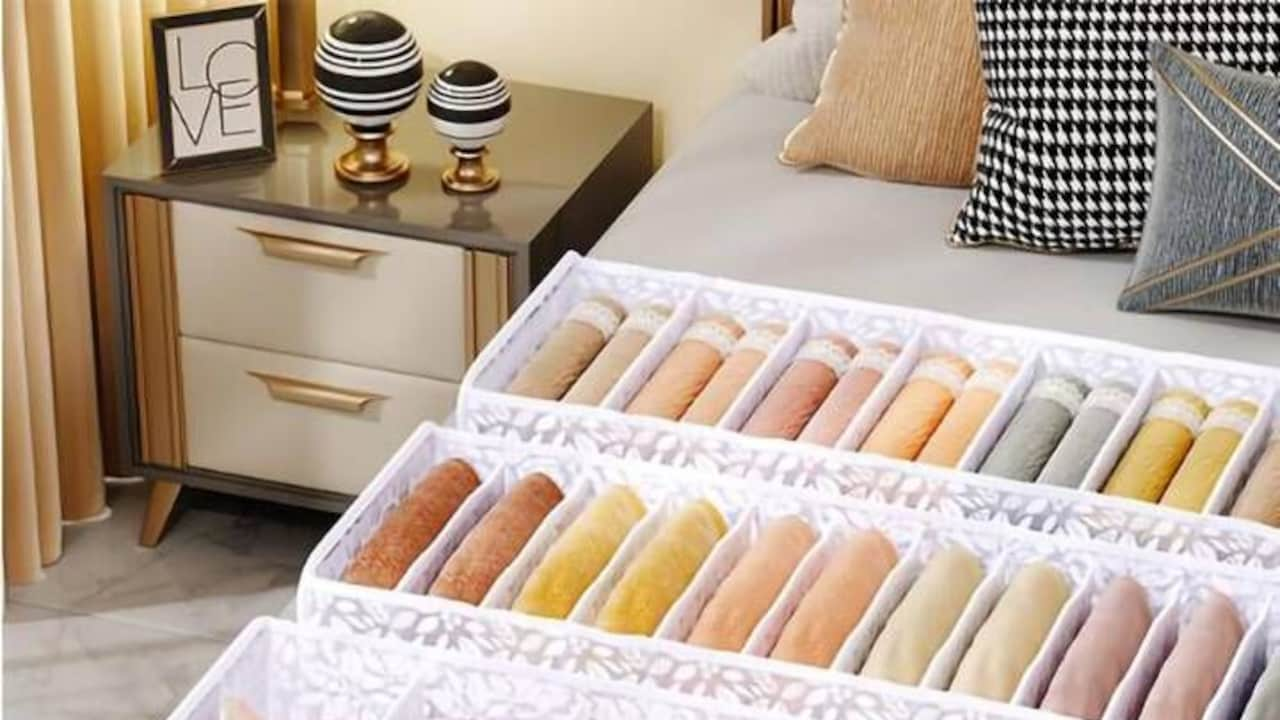
Why Most Home Organisers Fail: Proven Systems That Never Fall Apart; Photo Credit: Pexels
Why Most Home Organisers Fail: Breaking The Cycle Of Clutter
1. Chasing Aesthetic Over Function
A common pitfall is falling for the pretty picture, those dreamy Pinterest boards filled with colour-coded containers and pristine shelves. It looks lovely, but often, it doesn't live well. Function gets buried beneath form.
A real organisation must start with practicality. For instance, stacking glass jars of pulses in an open cabinet might look chic, but if you have to unstack three jars every time you cook, frustration replaces motivation. A system should make your daily routine easier, not harder.
A functional home considers accessibility. The spice you use daily should be within reach, not part of an artful display at the back of a shelf. When the system supports your natural habits, like dropping keys near the door or folding clothes in a way that suits your mornings, you maintain it effortlessly.
Remember, beauty in organisation lies in ease, not aesthetics. A visually pleasing setup that frustrates you daily will crumble faster than you can say 'declutter.'
2. Decluttering Without Purpose
Decluttering feels liberating, the act of tossing, sorting, and simplifying. But many approach it like a crash diet: drastic, emotional, and short-lived. Without purpose, decluttering becomes an event, not a habit.
The secret is to know why you're decluttering. Is it to create more mental space? Make cleaning easier? Find things faster? When you connect to a reason, decisions become easier. You won't just clear space; you'll create value.
Try the 'one-in, one-out' rule: if a new kurta enters the wardrobe, an old one leaves. It keeps the flow balanced. Also, decluttering doesn't always mean throwing away. Donation drives, resale apps, or even sharing items with neighbours can make the process feel meaningful.
Decluttering with purpose transforms guilt into gratitude. It's not about owning less, but about keeping what supports your present life.
Also Read: 10 Best Drawer Organisers For Indian-Sized Wardrobes: Maximise Space And Organisation
3. Ignoring Daily Habits
No system survives without habits. The real reason most homes slip back into clutter is that routines fade. You may spend hours arranging the kitchen, but if you don't spend five minutes restoring it daily, disorder sneaks back in.
Think small. Folding clothes before bed, returning utensils to their designated spots, or doing a 10-minute nightly reset can make all the difference. Habits turn systems into second nature.
A simple trick? Anchor new habits to existing ones. While waiting for your tea to brew, clear the counter. While watching TV, fold that laundry pile. The aim isn't perfection, it's consistency.
Like brushing teeth, organisation should become a reflex. When routines are light, natural, and repeatable, your space stays calm without feeling like a chore.
4. Overcomplicating Systems
There's a strange comfort in complexity. Fancy organisers, multiple containers, and strict labelling rules can make you feel efficient. But when the system becomes harder to maintain than the mess itself, it's doomed.
A good system is simple. It should take seconds to use and minutes to reset. Think of open baskets for everyday items, hooks for keys, and trays for mail. Complicated sorting, like separating cables by length or spices alphabetically, rarely lasts.
Start by asking: 'Will I realistically do this every day?' If the answer is no, simplify it. The less thought an action requires, the more likely you'll stick to it.
Simplicity isn't laziness, it's wisdom. The most successful organisers are those who blend seamlessly into your routine, not the ones that demand extra effort.
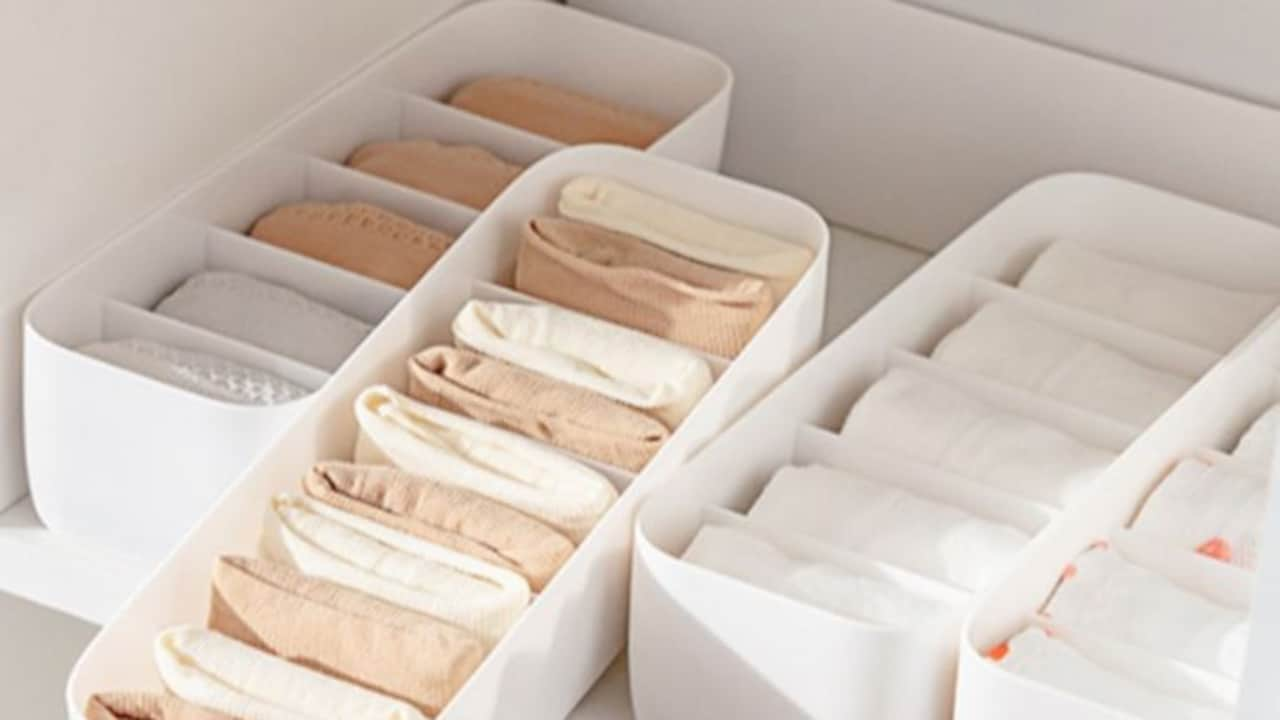
Secret To A Truly Organised Home: Proven Systems That Never Fall Apart; Photo Credit: Pexels
5. Copying Others Blindly
What works for one home may fail in another. Copying a YouTuber's organisation method or a celebrity's home tour might inspire you, but it often doesn't suit your lifestyle.
For instance, a working professional living in a compact flat might struggle to follow systems designed for sprawling homes with dedicated storage rooms. Your system should reflect your reality, not someone else's highlight reel.
Observe your own rhythms, when you get ready, how often you cook, and where clutter piles up. Customise solutions around your habits. Maybe a basket under the coffee table works better than a drawer across the room. Maybe open shelving beats closed cabinets.
Personalisation transforms an organisation from imitation to innovation. The best system is the one that fits you, your space, your routine, and your rhythm.
6. Neglecting Maintenance
Maintenance is the silent hero of an organisation. It's not glamorous, but it's what keeps everything together. Most systems fail because people expect them to run on autopilot.
Create a rhythm of review. A quick weekend check, returning items to their place, dusting shelves, or clearing old papers, can prevent buildup. It's easier to tidy for five minutes daily than spend five hours later.
One useful trick is the 'Sunday reset.' Spend 20 minutes before dinner restoring order for the week ahead. It's a small ritual that keeps chaos from creeping in.
Think of maintenance as self-care for your home. Just like plants need watering, your systems need nurturing. Small acts of upkeep ensure long-term peace.
7. Ignoring Emotional Clutter
Not all clutter is physical. Old greeting cards, unused gifts, or unworn clothes often linger because they hold memories. Emotional clutter is the hardest to clear, yet the most freeing.
Instead of forcing yourself to discard, practise gentle detachment. Ask, 'Does this represent who I am today?' Sentiment has value, but when it traps you in the past, it clogs your present.
Create a 'memory box' for keepsakes that truly matter. Everything else, the college notebooks, the random souvenirs, can move on. Gifting or donating them keeps the energy flowing.
Clearing emotional clutter feels like exhaling after a long breath. It creates space not just in your home, but in your mind.
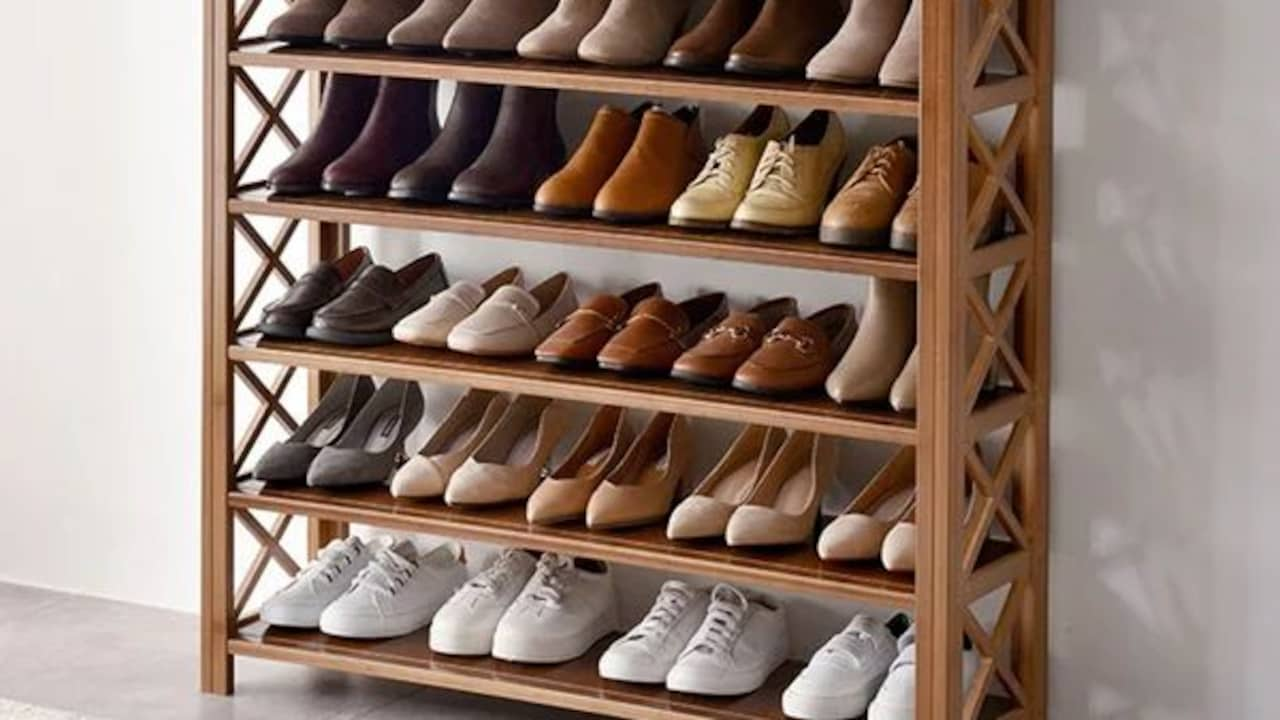
Secret To A Truly Organised Home: Proven Systems That Never Fall Apart; Photo Credit: Pexels
8. Forgetting Shared Spaces
A home isn't a solo project. Many organisational systems fail because they don't include everyone who uses the space. When only one person understands the 'system,' it breaks the moment someone else tidies differently.
Make your system family-friendly. Involve everyone, kids, parents, and partners in creating rules that feel fair. Labels in regional languages or colour-coded bins can help children learn quickly.
Shared responsibility turns an organisation into a team. It's no longer 'someone's job' to tidy, it's everyone's rhythm. And when everyone contributes, maintenance feels lighter, not like a burden carried by one.
The best system works even when you're not around. That's when you know it's truly built to last.
9. Avoiding the Digital Dimension
In the age of apps and online shopping, digital clutter has quietly become the new chaos. Unorganised bills, overflowing photo galleries, and random screenshots can make your digital life as messy as your physical space.
Start by decluttering your phone and laptop once a month. Delete old files, unsubscribe from irrelevant newsletters, and back up important documents in labelled folders.
Budgeting apps, reminder tools, and digital to-do lists can simplify home routines, from bill payments to grocery planning. Just remember: technology should serve simplicity, not add confusion.
When both your physical and digital worlds are streamlined, you'll notice a calmer rhythm in daily life. It's an organisation for the mind as much as for the home.
10. Failing To Evolve With Life
Homes evolve as lives change, children grow, careers shift, and lifestyles transform. A system that once worked may stop serving your current needs. The biggest mistake is assuming one setup fits forever.
Flexibility is key. Periodically review your systems. Maybe the study table is now a work-from-home station, or the extra room turned into a nursery. Revisit storage, rearrange priorities and adapt.
Organisation isn't a destination, it's an ongoing journey. When your systems evolve with you, they stay relevant. A well-organised home isn't static; it breathes, bends, and balances with life's flow.
Products Related To This Article
1. Drawer Organizers for Underwear
2. DAREV 4 Pcs Wardrobe Organizer for Clothes with Metal Frame Rectangle Storage Baskets
3. House of Quirk Foldable Cloth Storage Box Closet Dresser Drawer Organizer Cube Basket Bins
4. Amazon basics Clothes Organizer for Wardrobe
5. Shoes Racks for Home
6. HOME CUBE Plastic Data Cable Organizer Box Charger Cable Management
7. GRACIOUS MART Large Transparent Storage Bin with Lockable Airtight Lid
Organisation isn't about perfect homes or spotless shelves. It's about designing systems that make life smoother, calmer, and more joyful. Most people fail because they treat it as a project, not a practice.
The secret lies in aligning your home with your habits, simplifying, maintaining, and evolving. When your surroundings support your rhythm, every corner starts to feel lighter and more alive.
And the best part? You won't need another fancy box or viral hack. Just intention, a touch of consistency, and a system that feels like you. That's where real organisation and peace begin.









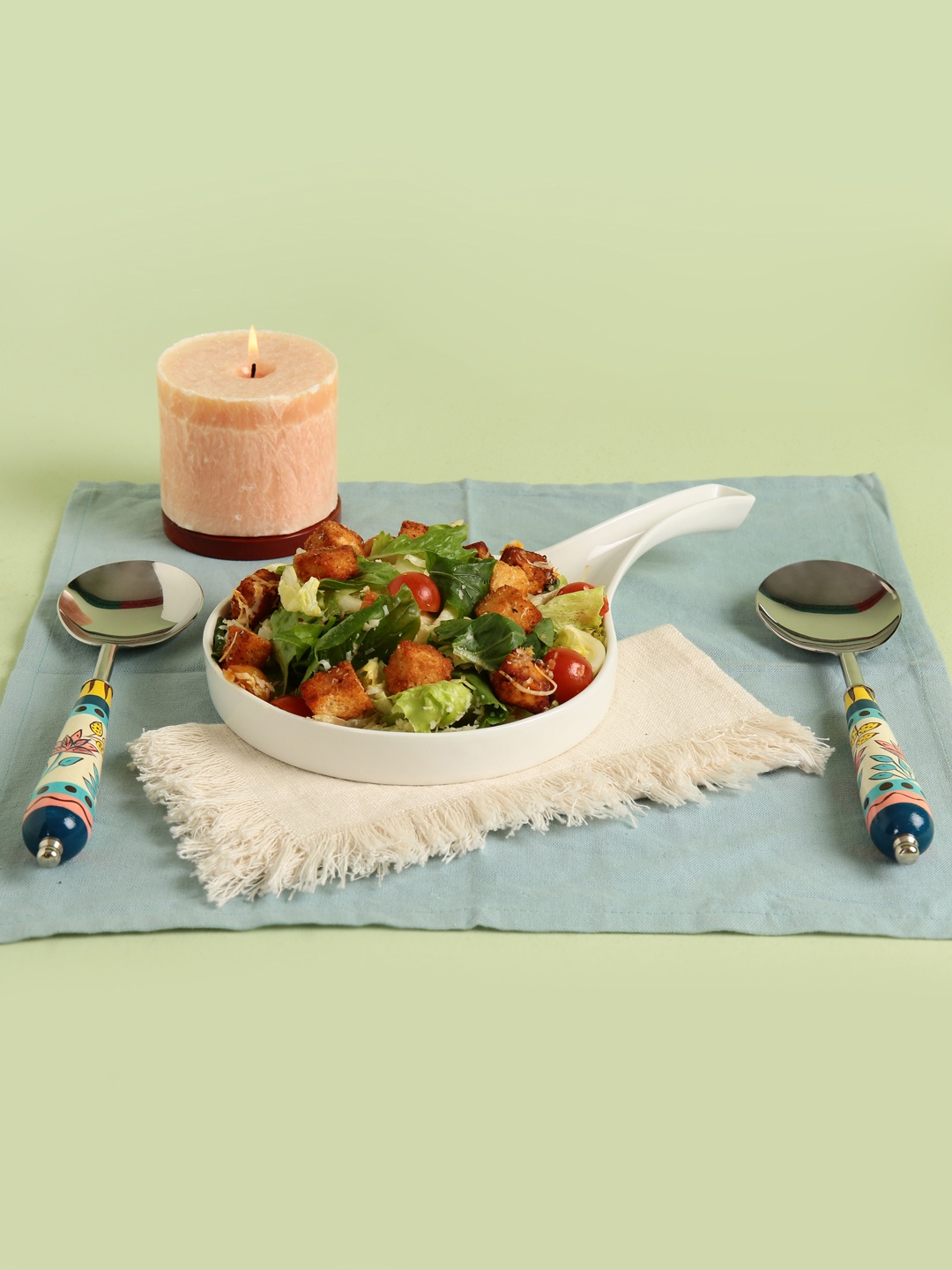




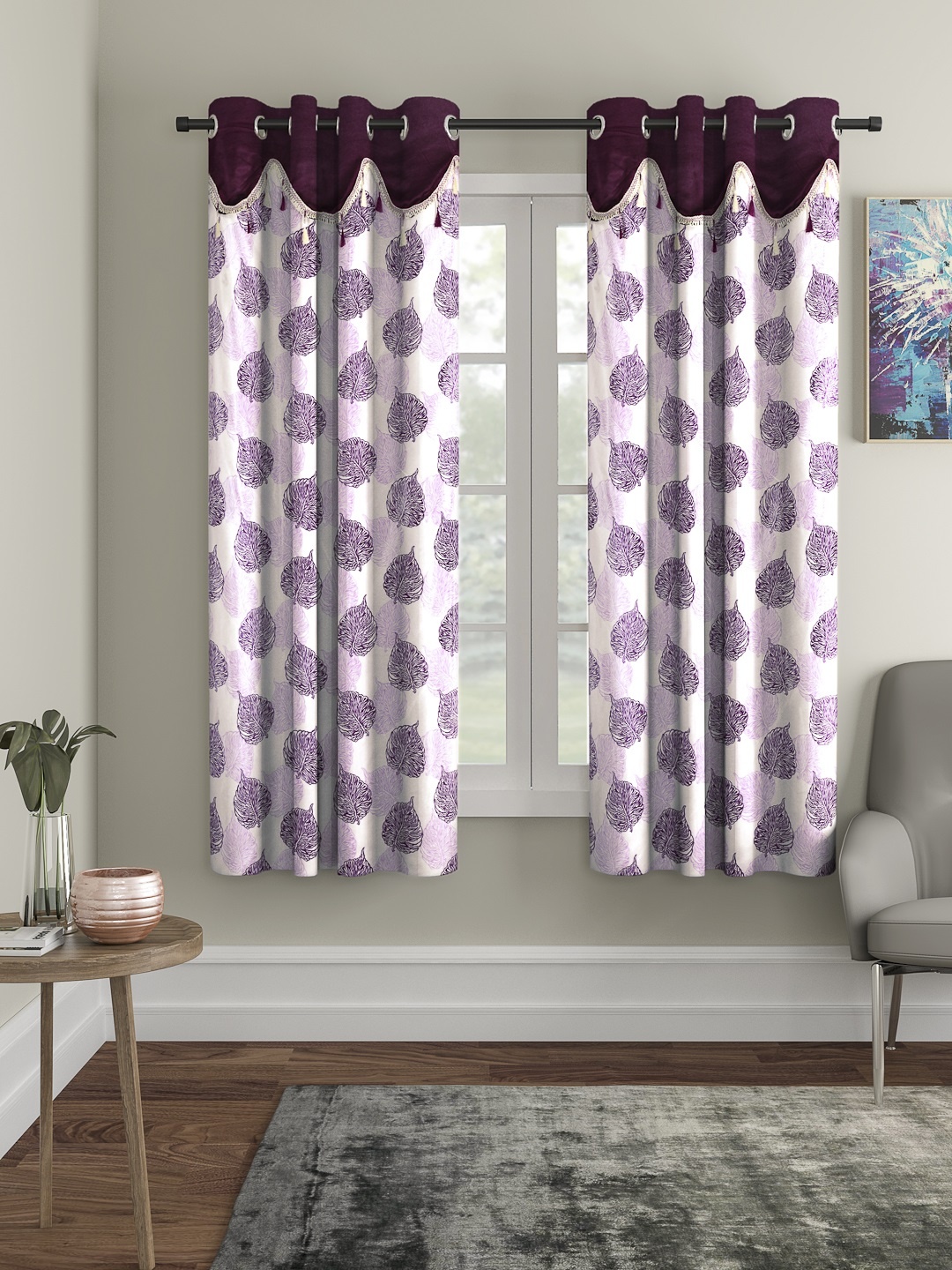


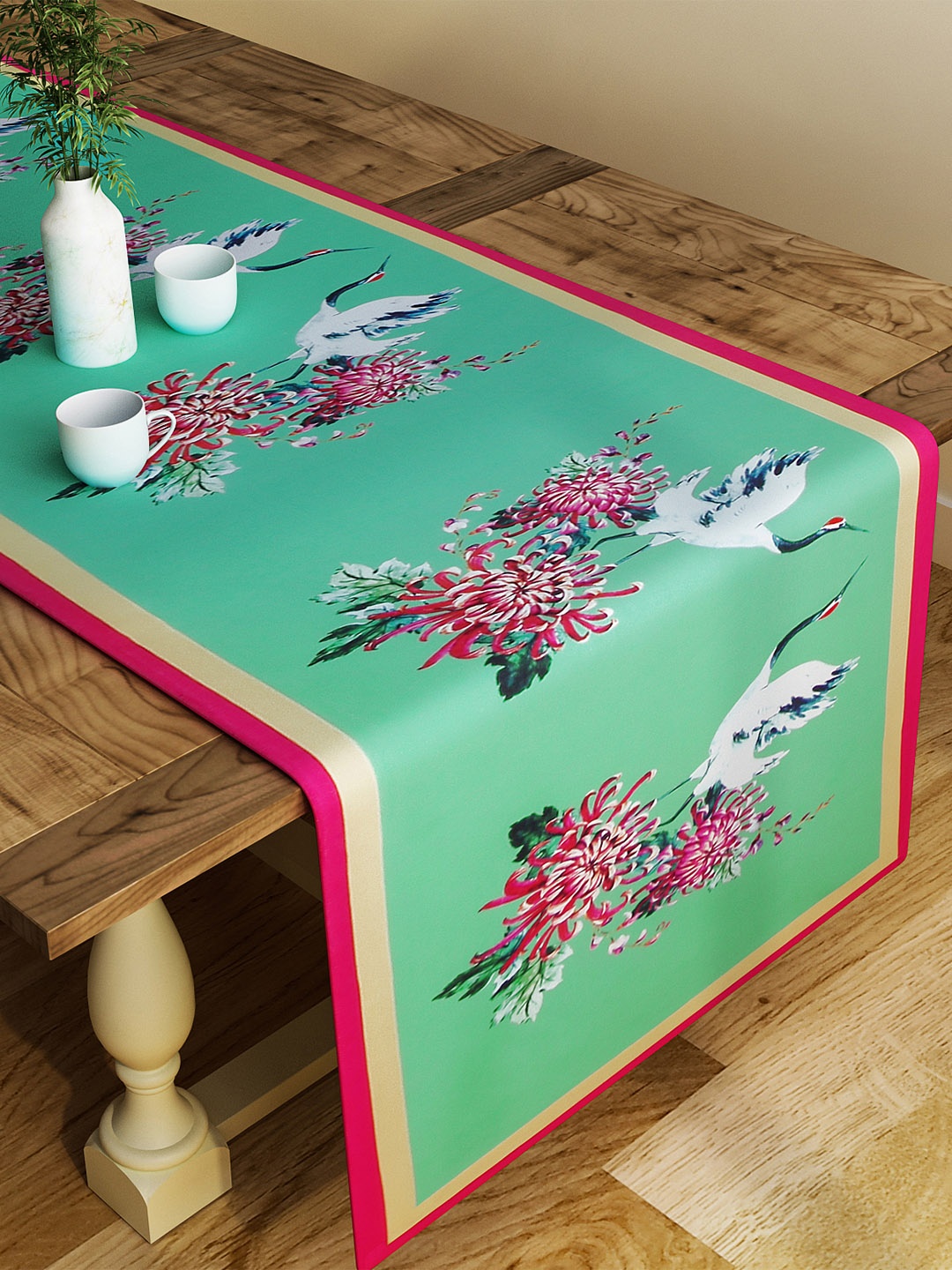
![Steam Iron Teflon Shoe Cover for ES-300,ST-96 [Only For ES-300 and ST-96 Model Electric Steam Irons]](https://m.media-amazon.com/images/I/51wwkttondL._SL160_.jpg)
